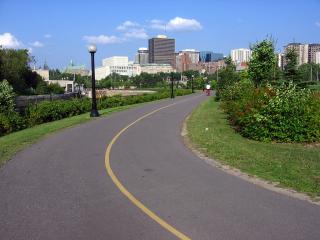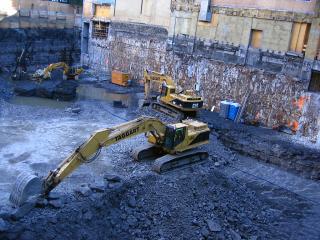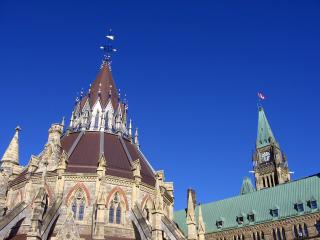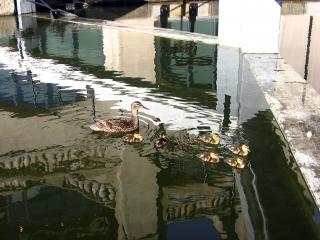As the process of getting settled continues, it seems time to consider aspects aside from the simple physical realities of life. Specifically, I am thinking about finding some places aside from work where I can meet my fellow denizens of this most governmental city. Some sort of club may be ideal, whether photographic, literary, oriented towards the outdoors, or interesting in an entirely different way.
Can anyone more familiar with Ottawa think of any stand-out examples? Once fall arrives, there will probably be some prospects through Carleton and the University of Ottawa.
PS. Sorry for the dearth of posts with substantive content. Unsurprisingly, I have been busy with work, commuting, and the apartment hunt. I will have something non-narrative to say soon. In the interim, take a look at this fisheries blog that I found: Shifting Baselines, writen by Jennifer Jacquet, a member of the Sea Around Us project at UBC.





